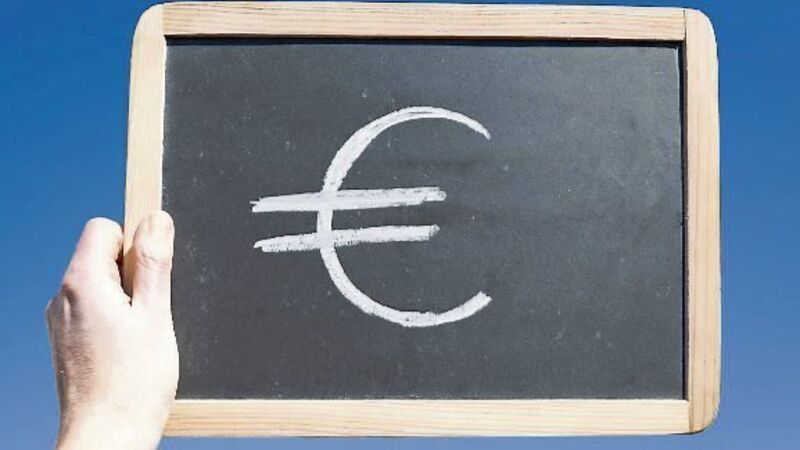Primary education is not free, but would be for an extra €103m a year

THE exams are ending and children are readying for their holidays. With luck, we may have a summer like last year’s, when Ireland was the best place to be.
But in the back of parents’ minds, the worries about late August and early September are beginning: uniforms, books, new shoes, sports equipment, the cost of the school bus. Some homes already have the book list, so they can begin to tot up the cost. Some homes already have a begging letter from their school, outlining the voluntary contribution it desperately needs from parents.















